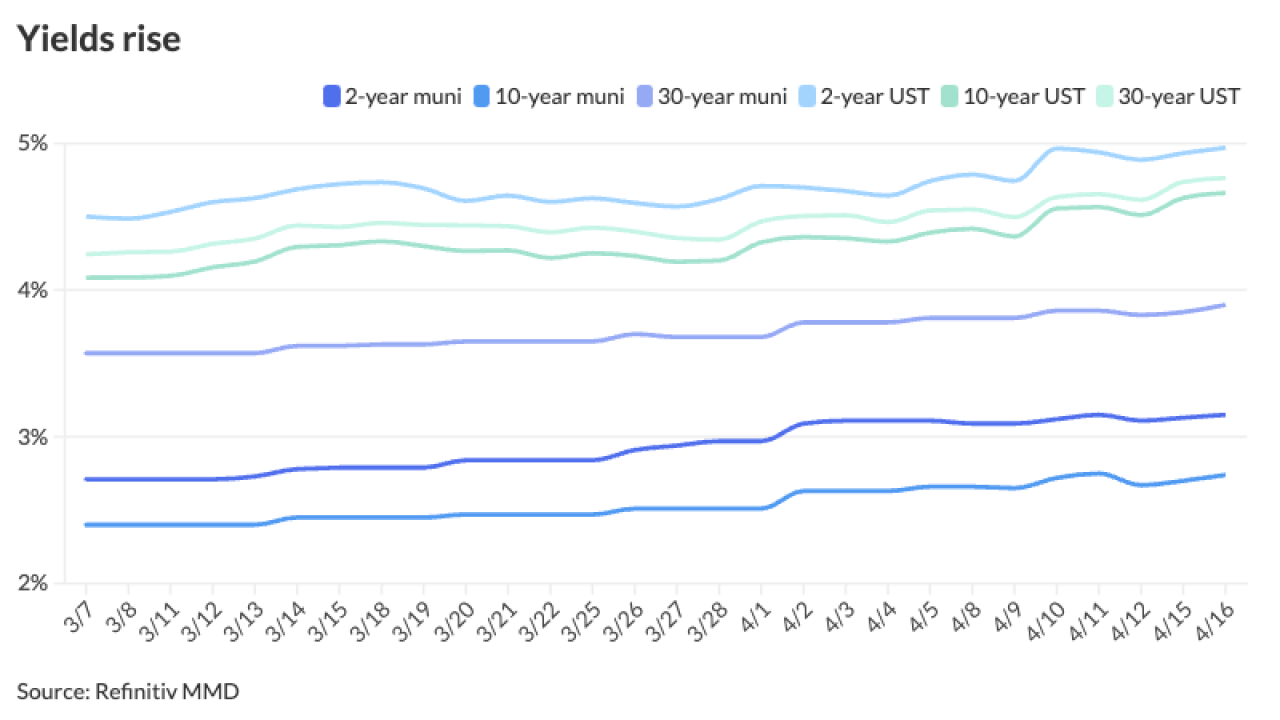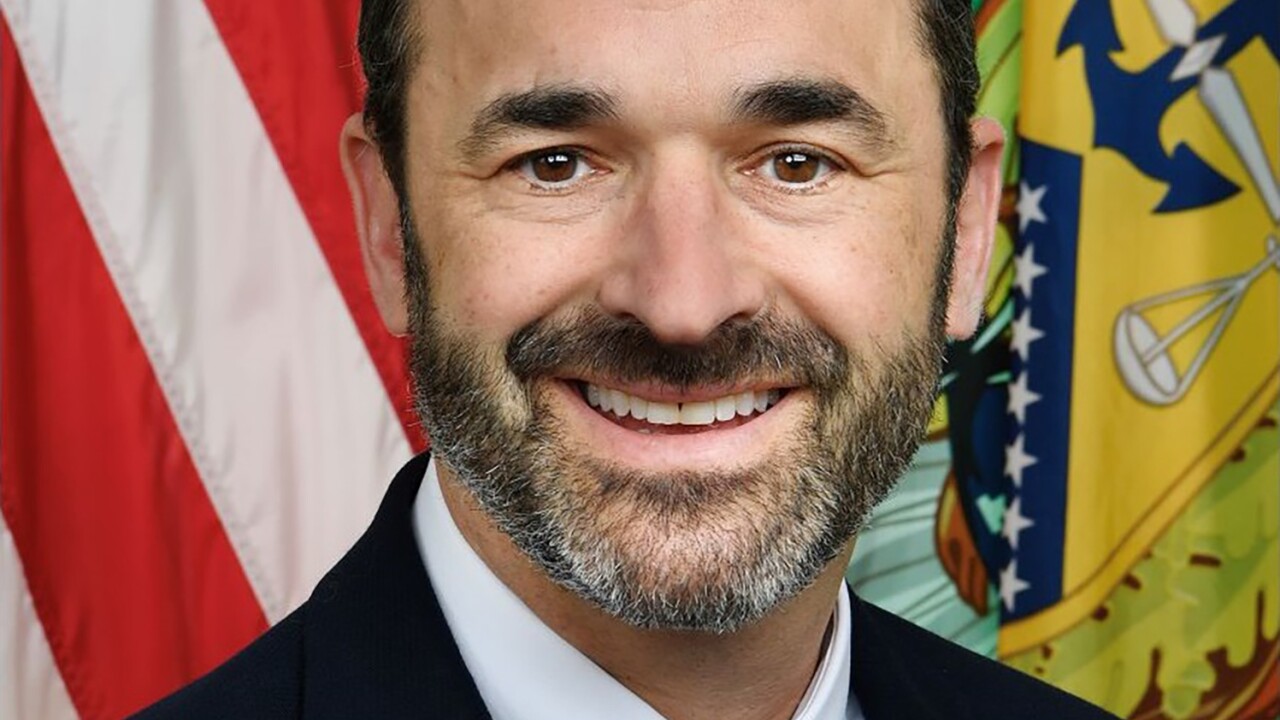Federal Reserve officials underscored Thursday they continue to grapple with uncertainty over how fiscal policy will evolve this year and affect the U.S. economy, handicapping their ability to determine where the path of monetary policy is likely to go in the short term.
"I want to get a little more data before I make that decision" regarding when the central bank should next raise interest rates, Philadelphia Fed President Patrick Harker told reporters following a speech Thursday in Malvern, Pa. "My crystal ball is not that good," he said about factoring fiscal policies into his projections at this point.
The median estimate from Fed officials in December suggested the central bank would raise rates three times in 2017. Fed Chair Janet Yellen stressed Dec. 14 that the unclear fiscal policies of the incoming administration represented a "cloud of uncertainty" over the Fed.
President-elect Donald Trump has promised to boost spending on infrastructure and defense while cutting taxes. He has also supported protectionist trade policies that many economists believe would hurt the economy.
Harker said the U.S. economy was "robust" at the moment. "Rates have been too low, not dramatically too low," he said.
With the U.S. "more or less at full employment" and inflation "on course" to meet the Fed's 2 percent target, Harker said he sees three rate hikes as being appropriate in 2017, if the economy stays on track.
Trump has also pledged to raise growth of gross domestic product to an annual rate of 3 percent to 4 percent. It has averaged just above 2 percent for the last five years.
Charles Evans, head of the Chicago Fed, said fiscal policy could boost growth for a year or two, but it would be difficult to sustain a 4 percent growth rate without structural changes that lift the productive capacity of the U.S. economy.
Speaking on a panel Thursday in Naples, Fla., Evans said his staff estimates the long-term growth rate of the U.S. economy at around 1.75 percent, calling it "a remarkably troublesome assessment."
In the shorter-term, he expects the economy to continue to improve modestly, but risks remain "in a global environment with weak international growth and tremendous uncertainties."
Evans also pointed out that, in the event of a new recession, the Fed has little room to move interest rates back down before hitting zero.
St. Louis Fed President James Bullard, in an interview Thursday on CNBC, said the still-sluggish movement of inflation meant the Fed could respond slowly without falling behind the curve in terms of its tightening campaign.
"You can afford to be patient here and see what happens and see how much really transpires," he said, referring to economic policies from the incoming administration. "They've got to all materialize, and details matter."





